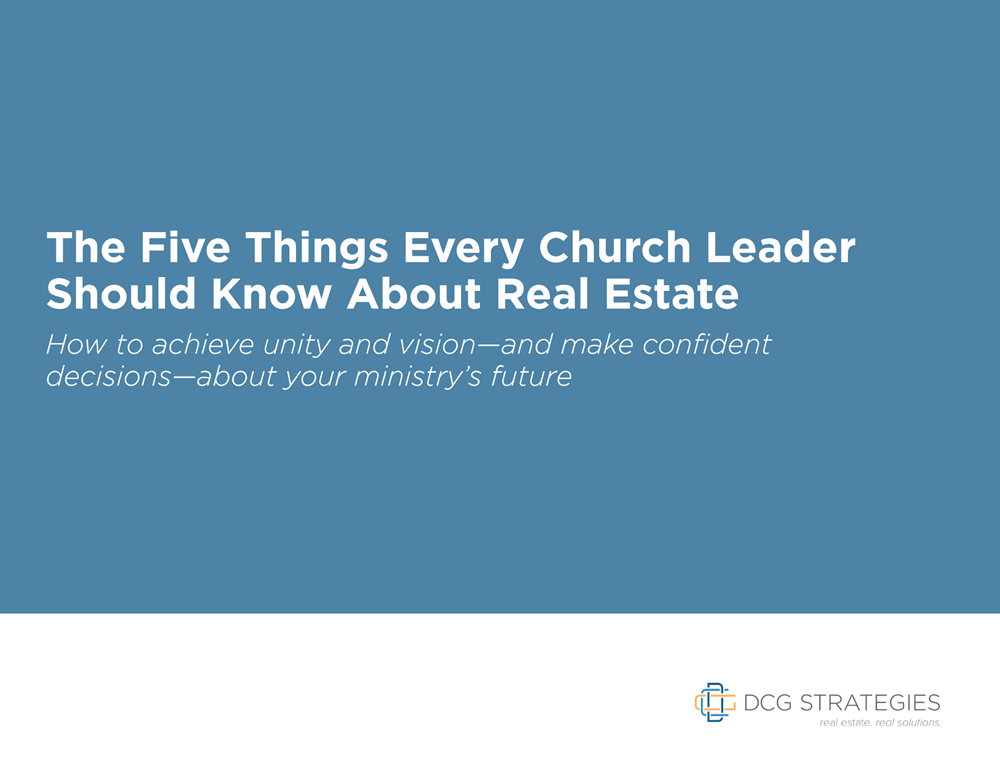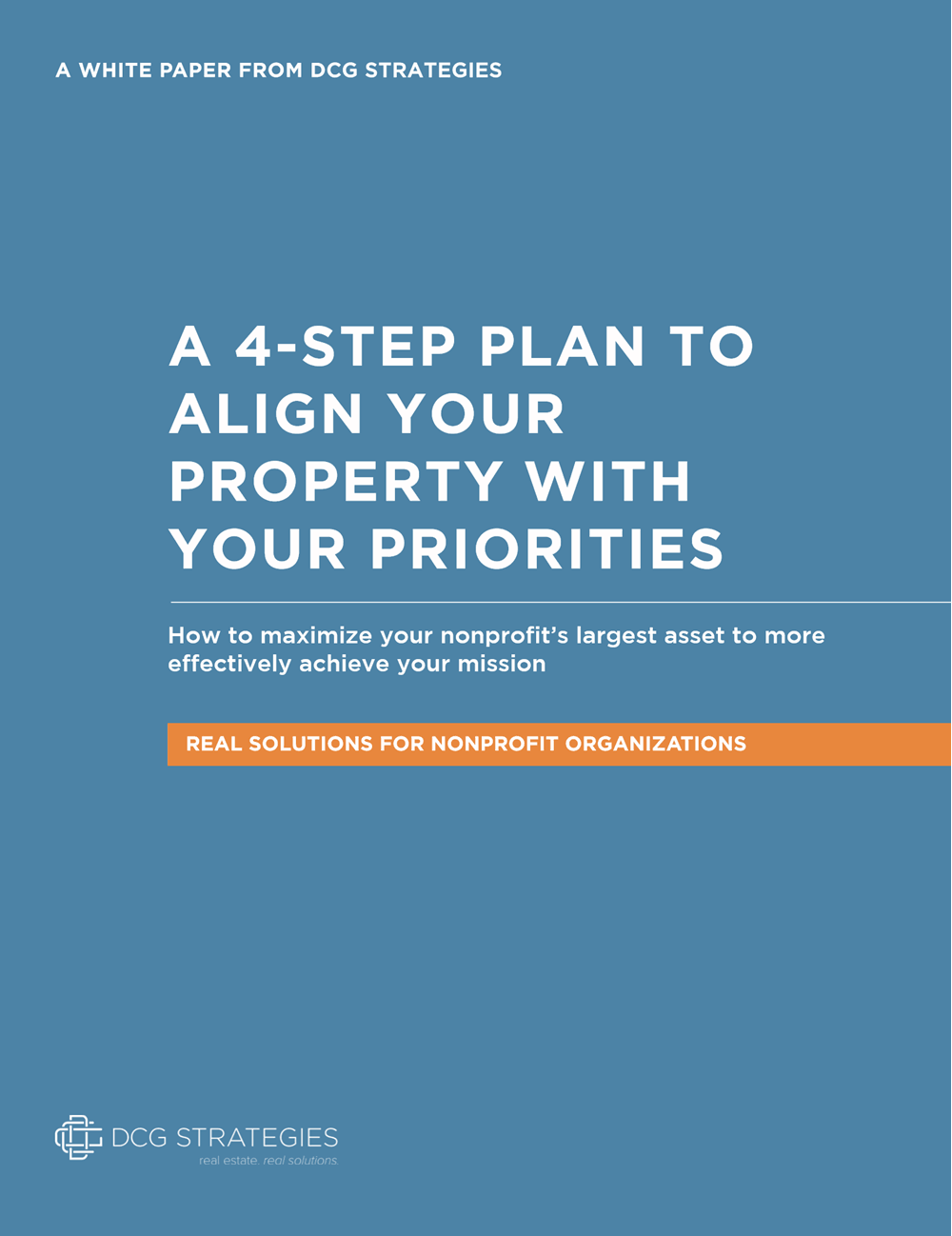Long-term sustainability is a major element in the property decision making process for nonprofit organizations. Nonprofits should hire a market professional to analyze the market and the agency’s long-term goals.
Two Forks in the Road, Two Hard Choices
The choice between leasing and buying is like coming to two forks in a road and trying to find the best way home. It won’t be a quick and easy decision, and it takes some heavy analysis of the market.
Admittedly, leasing space looks like a pretty good option in California right now. While rental rates rise, property purchase prices are also soaring. Nonprofits may also be skittish about buying land and buildings, particularly in California, where property values have swung wildly through bubbles and downturns over the past decade. Leasing certainly makes sense for a newly minted nonprofit, which might want more flexibility in the short-term or can’t raise the standard 30 to 35 percent down payment to buy a property. However, if leasing makes sense in some cases, it won’t make sense in others. Established, financially secure nonprofits should look seriously at ownership, as the benefits outweigh the costs.
Nonprofit Buyers Get Special Benefits When Owning
News outlets have reported that numerous nonprofits gobbled up land and buildings during the last downturn, and it wasn’t just because the property was cheaper. By owning a building, a nonprofit gains more control over its financial destiny, gains an asset that will almost always increase in value over a 20-year term, and gains the power to find the perfect facility that fits the mission. A nonprofit also has other good reasons to buy now. Low interest and borrowing rates make debt much cheaper, and nonprofits typically get big tax breaks on land and buildings.
Here are some examples of California nonprofits that chose to buy:
- Girls Inc. of Alameda County, which educates and counsels girls, opened a $17.8 million facility in Oakland, after operating in an aging 13,500 square-foot warehouse in San Leandro. The new downtown building is three times the size and the extra space, the location near its clients, and the project’s affordability all fit the agency’s special needs.
- Berkeley Repertory Theater, a Tony-award winning theater, built a 62,000-square-foot campus in West Berkeley on land it purchased during the downturn, after renting space in several buildings in the East Bay for years. The facility brings under one roof administrative offices, performing and rehearsal areas for artists, and manufacturing space for workers who make the costumes and sets.
- Next Step Learning Center, a small nonprofit that helps high school dropouts get their GED, bought a building that it was leasing in West Oakland, and then bought another building next door. The expanded facility could potentially serve 50 percent more people.
Nonprofits Get Tax Breaks and Control When They Own
Although several potential benefits come with owning a property, there are two main advantages to emphasize:
Control: No matter how good the lease terms seem, it will always be someone else’s building. This makes it more complicated to execute any necessary renovations and structural improvements should the need arise during the longevity of the lease. Rents could always go up after the typical five-year leasing cycle ends. Also, nonprofits that own often use their building to establish an identity in a neighborhood, can renovate the building to fit the mission, and can potentially raise revenues by leasing out extra space.
Tax Benefits: California nonprofits are exempt from most taxes on property that they own and use for charitable purposes, and this isn’t chump change, either. In 2013-2014, California nonprofits saved an estimated $1 billion in city and county taxes under the welfare exemption.
If your agency is exploring buying or leasing new property, you don’t have to go it alone. You can get a thorough analysis – including a cost-benefit analysis – from a consultant whose community values align with your own. Contact us today to learn more about your options.






